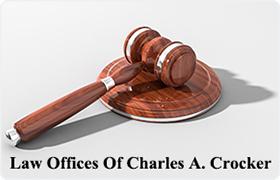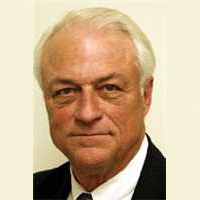 Danciger Estate Lawyers, Texas
Danciger Estate Lawyers, Texas
Sponsored Law Firm
-
 x
x

Click For More Info:
-
Law Offices Of Charles A. Crocker
1770 Saint James Place Suite 601 Houston, TX 77056» view mapEstate Law Treating People With Integrity & Respect
The cornerstone of my success is the quality relationship which I maintain with clients. I focus on intelligent legal representation & pledge to listen & communicate with clients.
800-884-5920
Lawyers
1-9 of 9 matches
Consumer Bankruptcy, Credit & Debt, Family Law, Wills & Probate
Divorce & Family Law, Traffic, Criminal, Wills & Probate, Divorce
Estate Planning, Bankruptcy, Natural Resources, Dispute Resolution, Elder Law
Commercial Real Estate, Wills, Business & Trade, Business
Commercial Real Estate, Wills, Gift Taxation, Business & Trade
Business & Trade, Elder Law, Criminal, Family Law, Wills



 Charles A. Crocker Houston, TX
Charles A. Crocker Houston, TX Practice AreasExpertise
Practice AreasExpertise